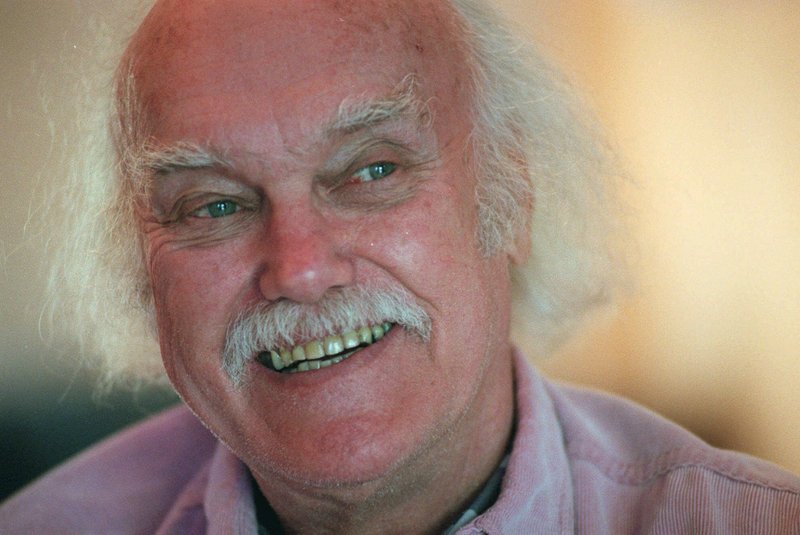HONOLULU -- Baba Ram Dass, the 1960s counterculture spiritual leader who experimented with LSD and traveled to India to find enlightenment, returning to share it with Americans, has died. He was 88.
Dass' foundation, Love Serve Remember, announced late Sunday that the author and spiritual leader died peacefully at his home earlier in the day. No cause of death was given.
He had suffered a severe stroke in 1997 that left him paralyzed on the right side and, for a time, unable to speak. More recently, he underwent hip surgery after he was injured in a fall in November 2008, according to his website.
Over the years, Ram Dass -- born Richard Alpert -- associated with the likes of Timothy Leary and Allen Ginsberg. He wrote about his experiences with drugs, set up projects to help prisoners and those facing terminal illness and sought to enlighten others about the universal struggle with aging.
But he was best known for the 1971 book Be Here Now, written after his trip to India. The spiritual primer found its way into thousands of backpacks around the world.
"In the '60s, I was an uncle for a movement," he told The Associated Press in 1998. "I was always showing people where they could go. I went east, and then there was a big movement east."
Now, he said, "the baby boomers are getting old -- and I'm learning how to get old for them. That's my role."
The Boston-born son of a prominent attorney, Ram Dass entered the public sphere in the early 1960s as a young Harvard psychology professor. Alpert, as he was then known, earned a doctorate at Stanford University.
He and Leary, a Harvard colleague, began a series of experiments with hallucinogenic mushrooms and LSD, giving the drugs to prisoners, philosophers and students to study their effects.
The experiments got him and Leary kicked out of Harvard in 1963.
He and Leary retreated to an upstate New York mansion that drew Beat Generation figures Ginsberg, William Burroughs and Jack Kerouac.
By the late 1960s, LSD and other hallucinogens had become part of pop culture and a rite of passage for many young Americans.
But Alpert eventually sought a way to reach a state of enlightenment without drugs. Following Ginsberg's advice, he headed to India in 1967, where he met the man who became his guru, Neem Karoli Baba.
There, his guru introduced him to yoga, meditation, Buddhism and Sufism, and gave him the name Ram Dass, Hindi for "servant of God." (He is often called Baba Ram Dass; "baba" is an honorary title.)
He had a falling out with Leary in the 1970s but the pair had reconciled in the years before Leary's death in 1996, joking back and forth and praising one another as they made joint appearances at lectures.
"The mythic level that Timothy and I lived at was that we were adventurers," he said in a 2014 documentary.
A Section on 12/24/2019

